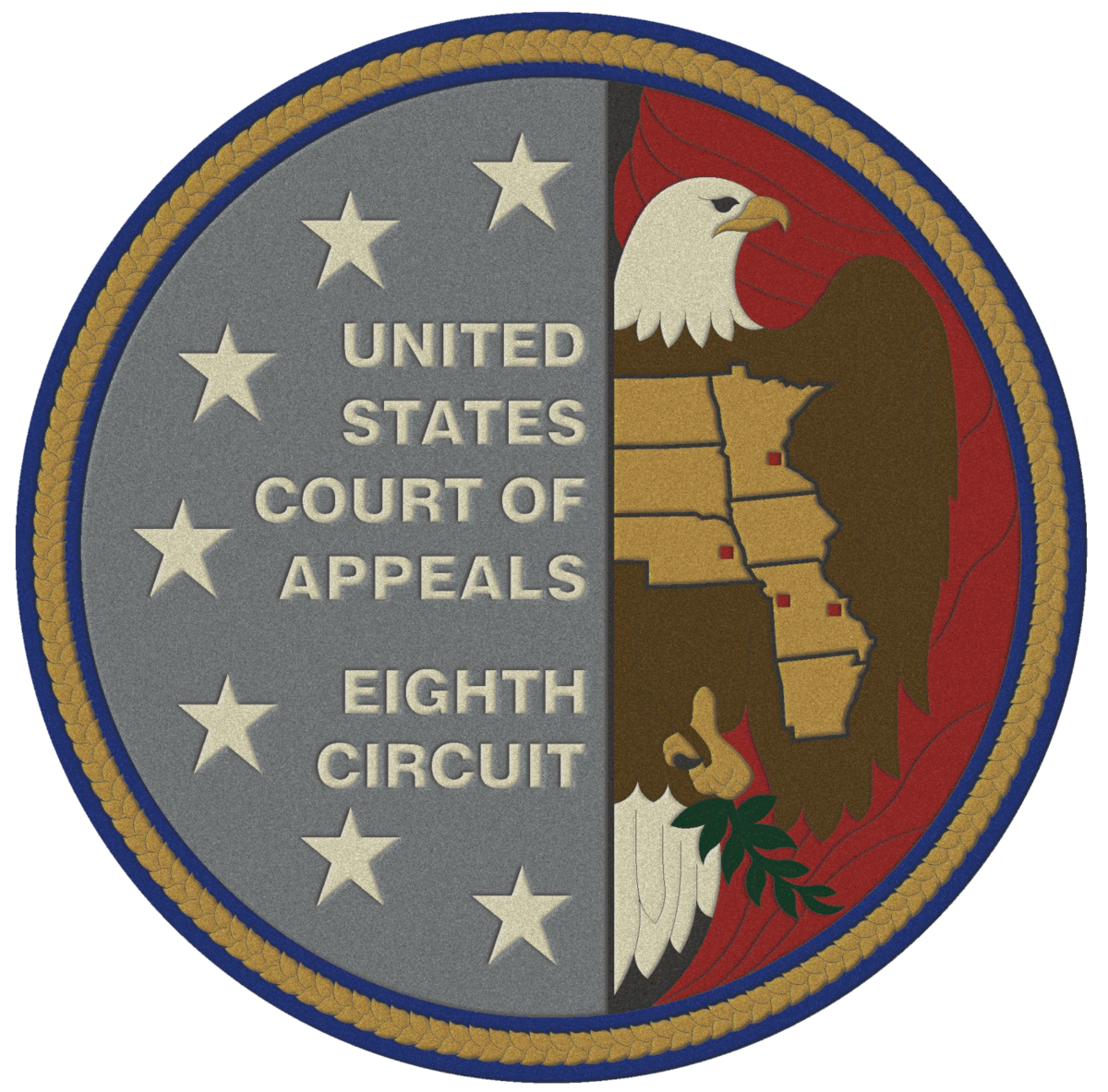Originally published on Forbes.com Sept 17th, 2014
The Eighth Circuit decision in Donald and Arvilla Meinhardt’s appeal of a Tax Court decision has a very important lesson. I think the way I would put it is “If at first and second and third you don’t succeed, try something different. Otherwise forget about deducting losses” . It is probably the most common lesson in hobby loss cases, where the judges are always looking for business plans, that are modified based on experience. Meinhardt is not exactly a hobby loss case, but you can find the principle buried in there if you look closely. Here is some of the story.
In 1975 Mr. Meinhardt received a large bonus from his architectural firm and decided to buy a farm, because it looked like a good investment. The following year, the Meinhardts purchased 140 acres of farmland in rural Minnesota. There were three contiguous parcels of tillable land, pasture and an eighty-year-old farmhouse in need of repair. The Meinhardts did some farming themselves but also regularly rented out the land to neighboring farmers for cash. In 2005, 2006, and 2007 they deducted business expenses relative to the rental of the farmland and also substantial expenses that related solely to the farmhouse. At that time the Meinhardts lived in a suburb of Minneapolis. Since 2010, they have lived in the farmhouse.
In the three years in question the Meinhardts showed losses totaling just over $40,000 on their farm land rental. The IRS proposed to disallow over $42,000 in expenses that were directly related to the farmhouse that was not itself being rented. According to Mr. Meinhardt the lack of rental income on the house was circumstantial rather than deliberate.
Donald testified that he was unable to rent the farmhouse to neighboring farmers who leased the crop and pasture land, so he sought cash renters by placing ads in newspapers, putting up notices in local stores, and telling various people in the area that the house was for rent. However, the Meinhardts never found any renter who would pay in cash. Instead, they “rented” to persons who performed services on the property. From approximately 1976 to 1979, first the former owners of the farm and then a local couple lived in the farmhouse, performing services such as carpentry in lieu of cash rent. From approximately 1980 through the years at issue, the farmhouse was at times vacant and at times occupied by the Meinhardts’ relatives, who performed services including repairs and maintenance on the house. The Meinhardts did not present records valuing these services. During this time, Donald occasionally used the farmhouse as a place to change clothes or stay overnight when he was doing work on the farm, kept tools and supplies in the farmhouse and outbuildings, and always had access to the farmhouse.
The Meinhardts had presented two arguments to defend the farmhouse related expenses, neither of which flew with the IRS or the Tax Court. The first argument was that the house was available for rent and that they were in fact trying to rent it. The other was that renting the land and trying to rent the farmhouse could be viewed as a single activity.
There was also an argument that the property was being held to realize future appreciation. Moving into it in 2010, kind of killed that argument.
The big takeaway lesson from this case concerns the rental argument and it is, I think, the key to situations like this.
As the Tax Court noted, evidence the Meinhardts made no changes in their efforts to rent the property, despite thirty unsuccessful years, undermined their assertion that they sought to profit by renting the property. The lack of evidence of a rental property business strategy, and evidence they allowed relatives to live in the house rent-free, supported a finding that the Meinhardts held the property as an alternative residence for the personal use of their extended family.
“Ads in newspapers, putting up notices in local stores and telling various people” is so nineteen-seventies. Hadn’t anybody told them about the internet? What about a website? The point is that if you want to be deducting expenses on the theory that they are supporting a potentially revenue generating activity, you will ideally be showing some revenue. Failing that you should be trying to generate revenue and if what you try does not work, you should try something else. And be able to document it.































































































